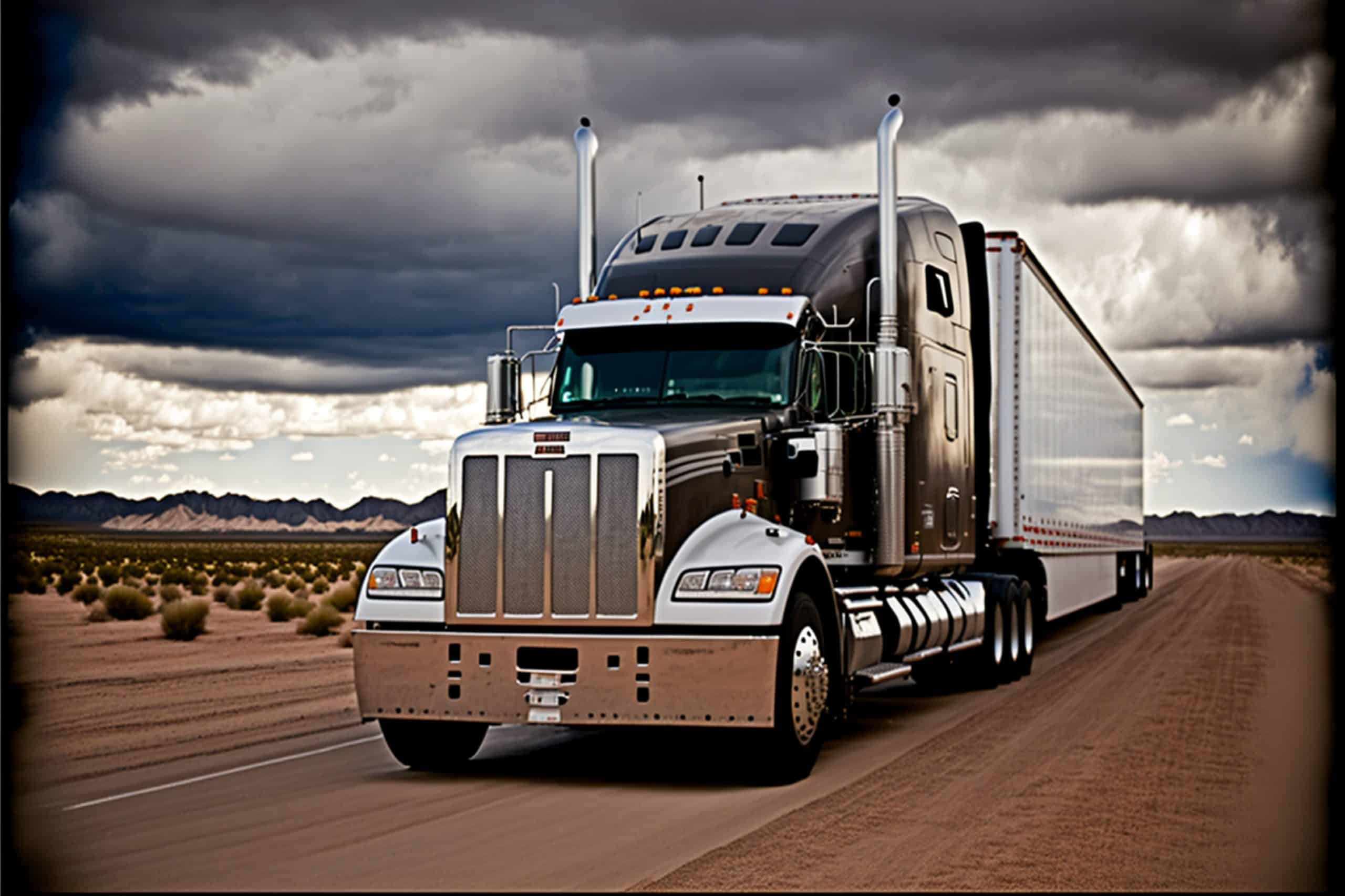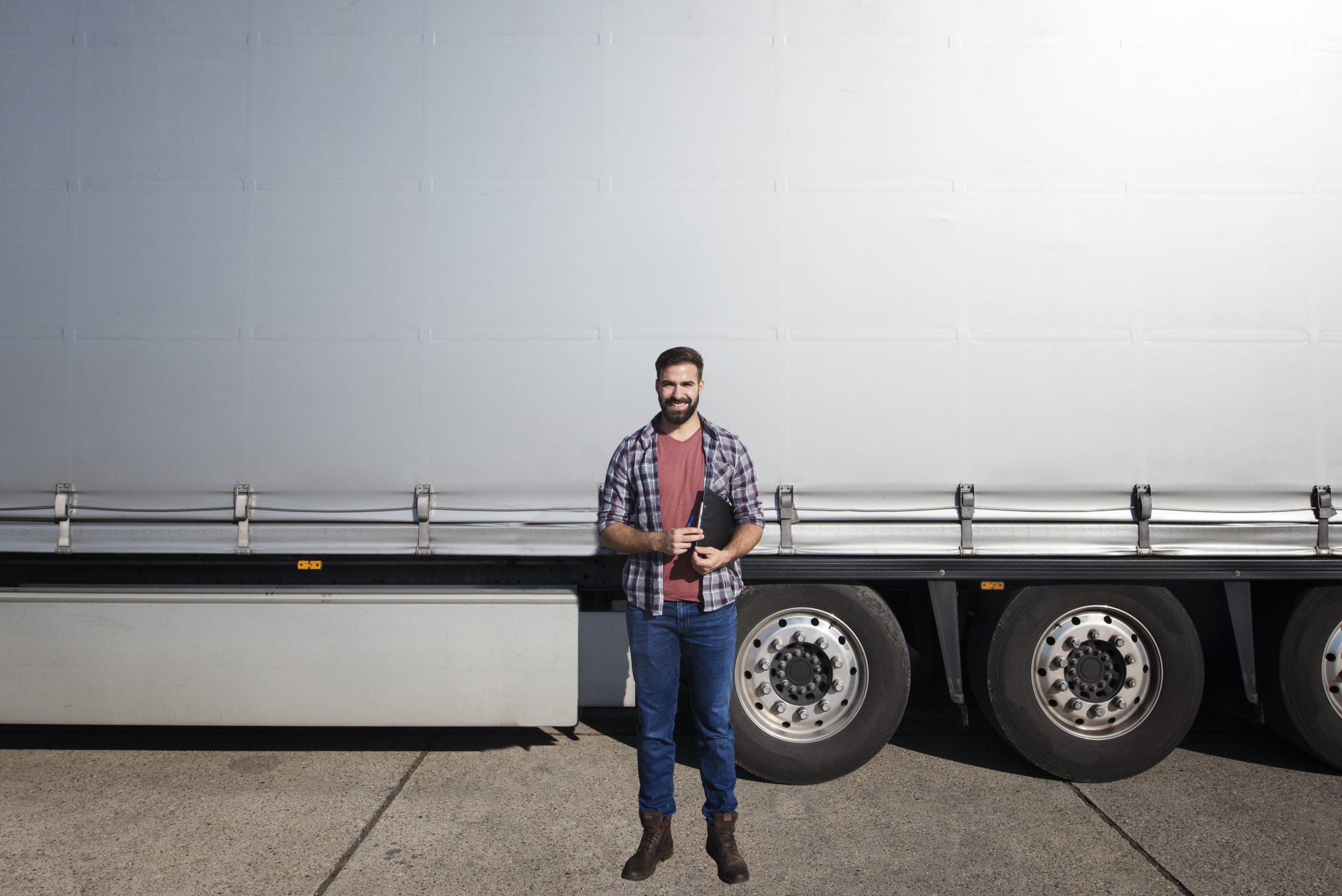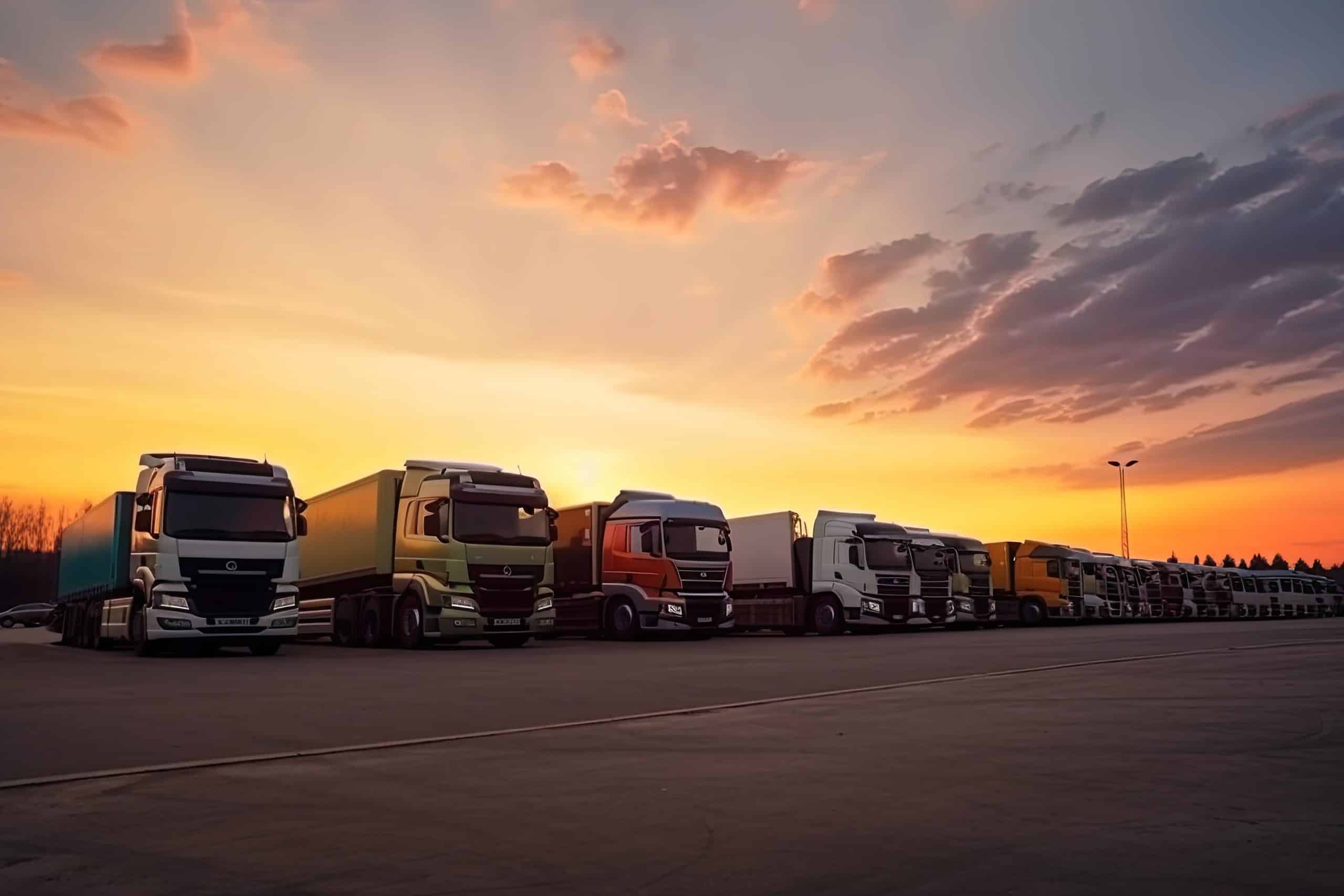In the fast-paced retail industry, time is money. Retailers are always looking for ways to streamline operations and increase profitability. In this article, we will explore the benefits of partial automation in retail truck washes and how it can help unleash the profit potential for businesses in this sector.
Partial automation in truck washes involves the use of advanced technology to partially automate the cleaning process, reducing the reliance on manual labor. This not only improves efficiency but also ensures consistent and high-quality results. By incorporating automated systems for tasks like pre-rinsing, soap application, and final rinse, retail truck washes can save time and resources while maintaining cleanliness standards.
The benefits of partial automation in retail truck washes are manifold. It reduces labor costs, minimizes the risk of human error, and speeds up the cleaning process, allowing for more trucks to be serviced in a shorter period. Additionally, it creates a safer working environment by reducing physical strain on employees. With partial automation, retailers can maximize their profits by optimizing productivity, reducing operating costs, and delivering exceptional service to their customers.
In conclusion, implementing partial automation in retail truck washes can revolutionize the way businesses in this sector operate. By unleashing the profit potential inherent in this technology, retailers can stay ahead of the competition and achieve sustainable growth in today’s dynamic market.
Understanding the challenges in traditional truck wash operations
Traditional truck wash operations in the retail sector often rely heavily on manual labor. This can lead to several challenges that impact efficiency and profitability. Firstly, the manual cleaning process is time-consuming, which limits the number of trucks that can be serviced in a given time frame. This can result in long waiting times for customers and potential loss of business. Additionally, relying on manual labor increases the risk of human error, leading to inconsistent cleaning results and potential damage to vehicles. Lastly, the physical strain involved in manual cleaning can pose safety risks for employees, leading to increased absenteeism and potential legal issues.
The benefits of partial automation in retail truck washes
Partial automation in truck washes involves the use of advanced technology to partially automate the cleaning process, reducing the reliance on manual labor. This not only improves efficiency but also ensures consistent and high-quality results. By incorporating automated systems for tasks like pre-rinsing, soap application, and final rinse, retail truck washes can save time and resources while maintaining cleanliness standards.

Increased efficiency and productivity through partial automation
One of the key benefits of partial automation in retail truck washes is the significant improvement in efficiency and productivity. Automated systems can perform tasks at a much faster rate than manual labor, allowing for a higher volume of trucks to be serviced in a shorter period. This reduces waiting times for customers, increases throughput, and maximizes revenue potential. Additionally, automated systems can operate continuously without breaks, resulting in a more streamlined workflow and increased productivity.
Cost savings and reduced labor requirements with partial automation
Implementing partial automation in retail truck washes can lead to significant cost savings. By reducing the reliance on manual labor, retailers can cut down on labor costs, which are often a significant portion of their operational expenses. Automated systems require less human intervention, resulting in a smaller workforce requirement. This not only saves on wages but also eliminates the need for additional costs such as training, benefits, and insurance. Furthermore, automation reduces the risk of human error, which can lead to costly mistakes and potential damage to vehicles. By minimizing these risks, retailers can save on repair and maintenance costs, further boosting their profitability.
Improved safety and reduced risk in retail truck washes
Safety is a top priority in any workplace, and retail truck washes are no exception. With partial automation, the risk of accidents and injuries can be significantly reduced. By minimizing the need for manual labor, employees are exposed to fewer hazardous situations, such as slipping on wet surfaces or coming into contact with potentially harmful cleaning chemicals.
Furthermore, automated systems are designed to follow strict safety protocols, ensuring that the cleaning process is carried out in a controlled and secure manner. For example, sensors can detect the presence of objects or individuals near the washing area, preventing accidents and damage to both the trucks and the employees.
In addition to physical safety, partial automation also reduces the risk of human error. Manual cleaning processes are susceptible to inconsistencies and oversights, which can lead to unsatisfactory results or even damage to the trucks. With automated systems, retailers can rely on precise and consistent cleaning methods, ensuring that every truck receives the same high-quality treatment.
By prioritizing safety and minimizing risk, retail truck washes can not only protect their employees but also avoid costly accidents and potential legal liabilities. This ultimately contributes to a healthier and more profitable business environment.

Enhancing customer experience and satisfaction with partial automation
Customer experience plays a crucial role in the success of any retail business. In the case of truck washes, customers expect their vehicles to be thoroughly cleaned and ready for their next journey. Partial automation can significantly enhance the customer experience by ensuring consistent and efficient cleaning results.
Automated systems are programmed to follow specific cleaning protocols, guaranteeing that every truck receives the same level of attention and cleanliness. This eliminates the possibility of inconsistencies that can lead to customer dissatisfaction. Retailers can confidently assure their customers that their trucks will be cleaned to the highest standards, building trust and loyalty.
Moreover, partial automation allows for a faster cleaning process, reducing waiting times for customers. Automated systems can efficiently pre-rinse, apply soap, and perform the final rinse, significantly shortening the time required to complete each cleaning cycle. This not only improves customer satisfaction but also enables retailers to service more trucks in a shorter period, increasing their capacity and revenue potential.
By enhancing the customer experience through consistent and efficient cleaning, retail truck washes can attract more customers and retain their existing ones. Positive word-of-mouth and reputation can further drive customer acquisition, contributing to long-term profitability.
Case studies: Success stories of retail truck washes implementing partial automation
To further illustrate the benefits of partial automation in retail truck washes, let’s take a look at a few success stories from businesses that have embraced this technology.
Case Study 1: XYZ Truck Wash
XYZ Truck Wash, a leading retail truck wash chain, implemented partial automation in their operations. By incorporating advanced automated systems, they were able to increase their truck servicing capacity by 30% within the first month. This resulted in shorter waiting times for customers and a significant boost in revenue. Additionally, the consistent cleaning results delivered by the automated systems led to increased customer satisfaction and positive word-of-mouth referrals. XYZ Truck Wash continues to expand its operations and remains a leader in the industry.
Case Study 2: ABC Truck Wash
ABC Truck Wash, a smaller retail truck wash business, was struggling to compete with larger chains due to limited resources. They decided to invest in partial automation to level the playing field. By automating key cleaning tasks, they were able to significantly reduce labor costs and increase their operational efficiency. This enabled ABC Truck Wash to offer competitive pricing while still maintaining high-quality cleaning standards. As a result, they experienced a surge in customer demand, expanding their customer base and profitability.

Implementing partial automation in your retail truck wash
Now that we have explored the benefits and success stories of partial automation in retail truck washes, you may be wondering how to implement this technology in your own business. The first step is to assess your current operations and identify areas that can be automated. Consult with industry experts and suppliers to determine the most suitable automation solutions for your specific needs. Once you have selected the systems, ensure proper installation and provide thorough training to your employees. Regular maintenance and monitoring are essential to ensure the smooth operation of the automated systems. By following these steps, you can successfully implement partial automation and unlock the profit potential in your retail truck wash.
If you’re considering implementing partial automation in your retail truck wash, here are some key steps to follow:
1. Evaluate Your Current Operations: Assess your existing cleaning processes, labor costs, and customer feedback. Identify areas where automation can bring the most significant improvements.
2. Research and Choose the Right Automation Systems: Look for reputable suppliers and manufacturers of automated systems specifically designed for retail truck washes. Consider factors such as reliability, ease of use, and compatibility with your existing infrastructure.
3. Plan for Integration: Work closely with the automation system provider to ensure a smooth integration with your current operations. Train your employees on how to operate and maintain the automated systems effectively.
4. Monitor and Optimize: Continuously monitor the performance of the automated systems and gather feedback from both employees and customers. Make necessary adjustments and refinements to maximize the benefits of partial automation.
Remember, partial automation is not meant to replace human involvement entirely but rather to enhance and optimize the cleaning process. Finding the right balance between automation and manual labor is crucial for achieving optimal results and maintaining a positive working environment.
Conclusion: Embracing the future of retail truck washes with partial automation
In conclusion, implementing partial automation in retail truck washes can revolutionize the way businesses in this sector operate. By unleashing the profit potential inherent in this technology, retailers can stay ahead of the competition and achieve sustainable growth in today’s dynamic market. The benefits of partial automation are vast, including increased efficiency, cost savings, improved safety, enhanced customer experience, and greater profitability. It is time for retailers in the truck wash industry to embrace the future and leverage partial automation to unlock their profit potential.



